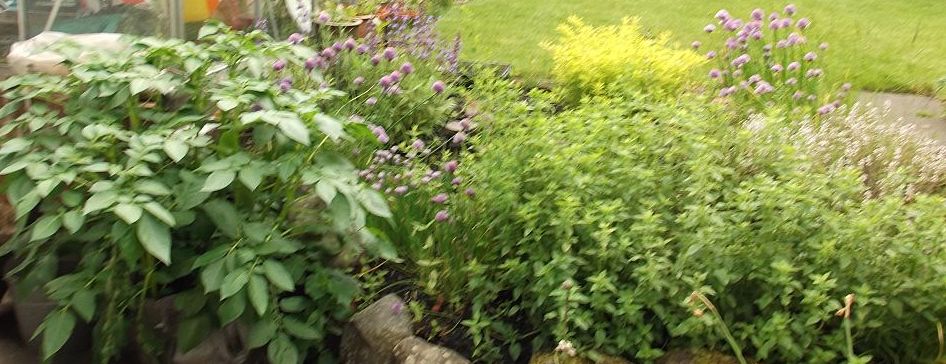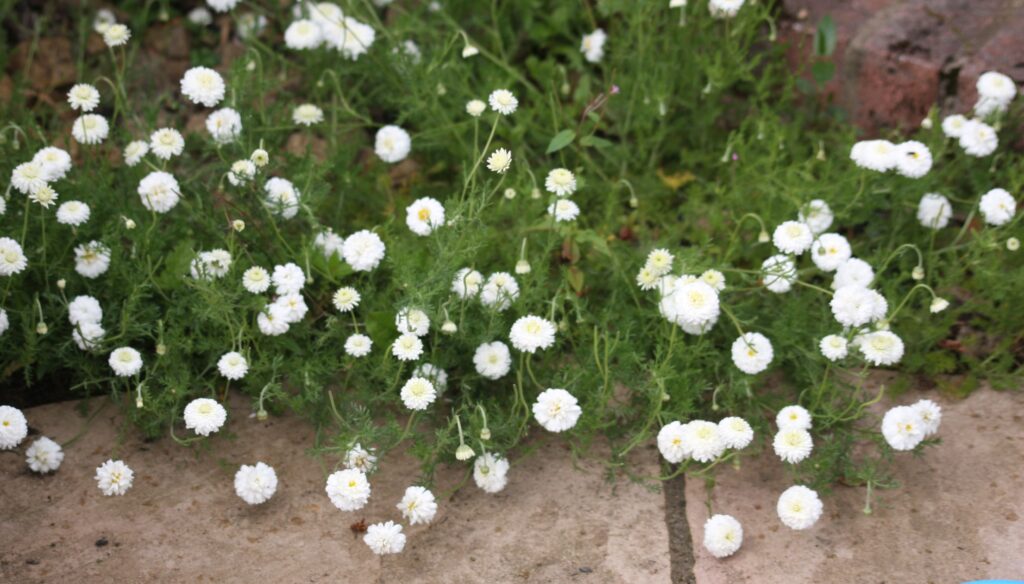
Sometimes you can be forcibly reminded how very different the world is outside the English-speaking, industrialised and largely urbanised west. But there are two things that really bring me up short. In this country we often see poetry as an elite art form, for the leisured middle-class, or the socially alienated. And we see herbal medicine as the preserve of the ‘worried well’ who can afford to pay for alternative practitioners, or the conspiracy theorists who do not trust science. But once we get beyond our own blinkered and relatively privileged mindset, into the wider world, we find that for most of the cultures on the planet, poetry and herbs are not just luxury goods, but part of the foundations of everyday life – actual ‘kitchen sink issues’.
Poirot’s use of tisanes is presented as a rather quaint foreign quirk, almost a brandmark like the moustache and the need for symmetry, but many European mothers would start with chamomile or lime-flower tea before they would give their child Calpol. Herbalists Without Borders sounds like a rather recherché niche group, but they principally work with refugees who see herbal medicine as their default. HWB say that it is the form of medical care they are most familiar with as many migrants are used to treating their own minor ailments with herbs they have grown themselves. Western style medicine is expensive where they’re from, and often involves long travel. Sometimes it is associated with trauma or even torture, so the holistic and individual approach of herbalists is easier and more approachable for them.
Suppression of indigenous healing traditions is a common strategy of colonial powers, de-skilling local practitioners and creating dependence, plus, in many circumstances removing or alienating colonised peoples from the land and their culture. Kei Miller explores this in In Nearby Bushes, and writers like Robin Kimmerer, Mary Beith, Kapka Kassabova, Leyla K Feghali and Natasha Kanapé Fontaine bring evidence from many other colonised areas. Often when indigenous people begin restoring degraded land, the first plants they put in are herbs. It also affects other areas – it can mean loss of food security, but also the loss of distinctive tastes and cooking techniques in food. It is not surprising that among the first enterprises set up by migrants are catering places where people can enjoy the tastes they miss from home or import businesses where they can buy the spices or preserves that make their cuisine so distinctive.
The other thing migrants take with them are songs. Moya Cannon has a collection entitled Carrying the songs, addressing this, as Irish migrants were too deprived to be able to take anything else. A parallel emerged recently from previously enslaved communities in Georgia where what had been thought of as a family bit of rhyming doggerel turned out to be a word-for word transmission of a funeral song in the Mende language from West Africa. Poetry and music overlap in this context until some people hardly distinguish between the two forms. I know I compose in bars of music rather than metrical feet! Poetry is as skilled as music to compose, but unlike music it can be shared by people who don’t perform. It is the most shared art-form among many people, easily memorised, easily transmitted, removed from the everyday transactional conversations, allowing focussed attention and giving dignity to the subject. In most other cultures, poetry is used to reflect, to protest, remember, lament and celebrate. I once heard Caroline Forché tell a story about a Columbian man coming to her door, and saying “There’s going to be a revolution, we need a poet’. She suggested a journalist might be more relevant, but he insisted that a poet was what was needed, insight rather than reportage.

Learning about herbs gives me a way in to most of the issues that currently concern me most, and writing poetry gives me a way to open discussions without haranguing my readership, to access a range of emotions and responses, rather than harping on the notes of outrage or urgency that mostly seem to be required, and to make connections with people who might also recognise our situation and want to reflect on it.
Leave a Reply